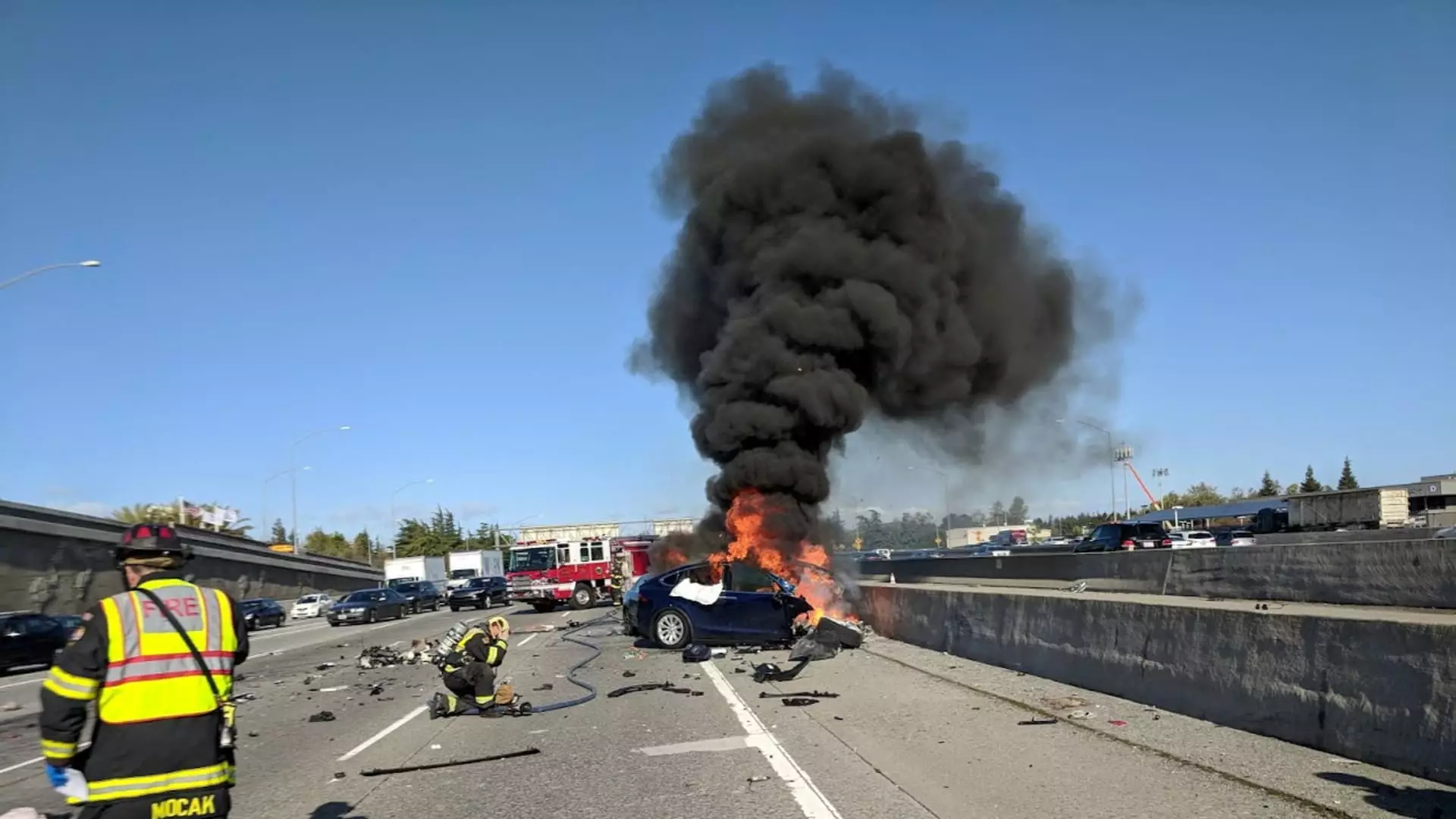Recently, Tesla reached a settlement in a wrongful death lawsuit brought by the family of Walter Huang. Huang, an Apple engineer and father of two, tragically lost his life in 2018 when his Model X SUV, with Autopilot features engaged, crashed into a highway barrier near Mountain View, California. This settlement came as jury selection and trial proceedings were about to commence in a California Superior Court.
The National Transportation Safety Board (NTSB) investigated the fatal crash and determined that Tesla’s technology was at least partially responsible for the collision. The NTSB also suggested that driver distraction and problematic road construction played a role in the incident. The agency’s investigation revealed that Tesla’s forward collision warning system failed to alert Huang, and the automatic emergency braking system did not activate as his Model X accelerated into a barrier while on Autopilot mode.
Lawsuit Allegations
Huang’s family filed a wrongful death lawsuit against Tesla, focusing on alleged safety and design defects within the company’s driver assistance systems. They also highlighted social media and marketing messages from Tesla and its CEO, Elon Musk, that may have misled consumers about the capabilities of Autopilot. Additionally, internal Tesla emails referenced in court documents showed executives and engineers engaging in distracted behavior while using the Autopilot system.
Upcoming Trial
A civil jury trial was scheduled to commence in a San Jose courthouse but was averted by Tesla’s decision to settle the case. Tesla’s legal team had maintained that Huang was at fault for the accident due to his distraction from playing mobile games on his phone. The terms of the settlement agreement, including the financial compensation, have been sealed from public disclosure.
The fatal crash and subsequent lawsuit have raised concerns about Tesla’s corporate culture, safety practices, and the effectiveness of its driver assistance systems. If Tesla had been found liable for Huang’s death, it could have set a precedent for future product liability cases against the company. This outcome would have significant implications for Tesla as it faces increasing scrutiny and legal challenges related to its technology and safety standards.
Tesla’s settlement of the wrongful death lawsuit underscores the complexities and risks associated with autonomous driving technology. It also serves as a reminder of the importance of clear communication, accountability, and safety in the development and implementation of such advanced systems.

